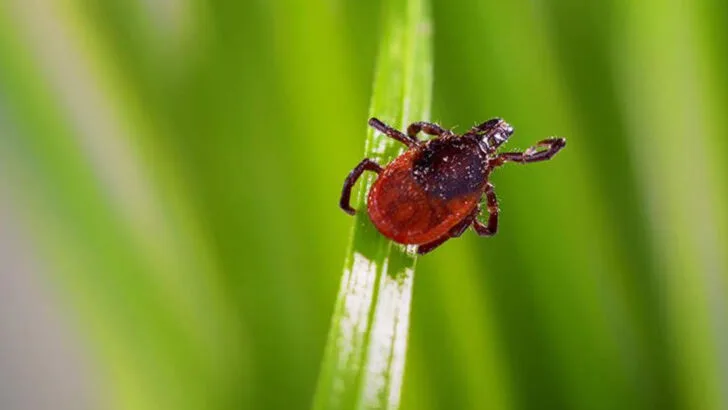Every summer, they return—biting, buzzing, crawling, chewing. No matter how much you prep, spray, or swat, it seems like some garden pests are just part of the season. Aphids on the roses, mites on the tomatoes, slugs in the lettuce, mosquitoes on you—it’s enough to make even the most laid-back gardener want to give up and retreat indoors.
But here’s the thing: not all pests are unstoppable, and not all natural remedies are wishful thinking. Some tricks actually do work—without you having to douse your entire yard in chemicals or set traps that never catch a thing. The secret? Knowing which solutions have proven themselves time and again… and which pests are the repeat offenders you need to prepare for every single year.
In this guide, we’re naming the 9 most persistent summer pests that seem to outsmart everything—plus 8 natural methods that finally give you the upper hand. From garden-friendly herbs to clever placement tricks and DIY sprays that don’t harm your plants (or you), here’s how to reclaim your summer space—naturally.
Mosquitoes
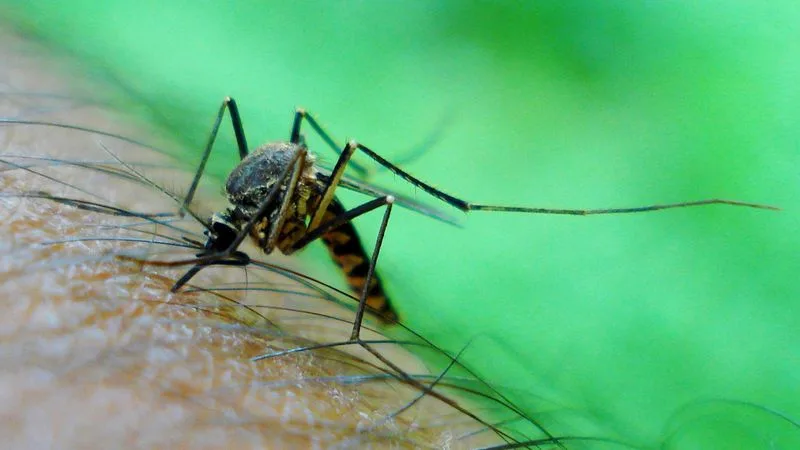
With their tiny, biting menace, mosquitoes have been summer’s biggest irritants for centuries. Known for spreading diseases, these pests thrive in warm, humid environments. They lay eggs in standing water, making pools and ponds their ideal breeding ground. Did you know? Only female mosquitoes bite, as they require protein from blood to produce eggs. To deter them, eliminate stagnant water around your home. Use window screens to keep them out, and plant mosquito-repelling plants like lavender and citronella. Try a DIY citronella candle to enjoy summer nights without the buzzing annoyance.
Ants
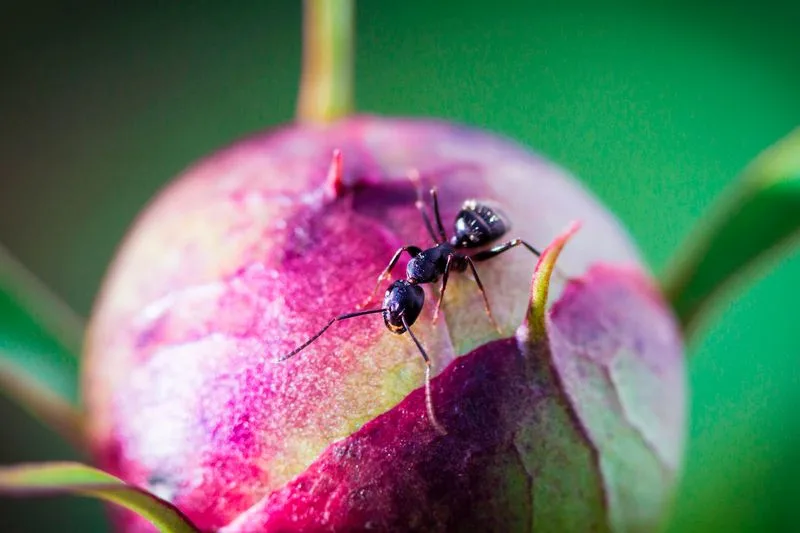
Ants march into our homes, drawn by food and water. These industrious creatures can become a real nuisance, especially when they invade kitchens. They leave scent trails for others to follow, leading to a full-scale invasion. An interesting fact: Ants can lift objects up to 50 times their body weight. Keep counters crumb-free and seal entry points to keep them out. Natural deterrents like vinegar and lemon work wonders. Create a barrier with diatomaceous earth or use coffee grounds around entry points to deter their persistent trails.
Flies
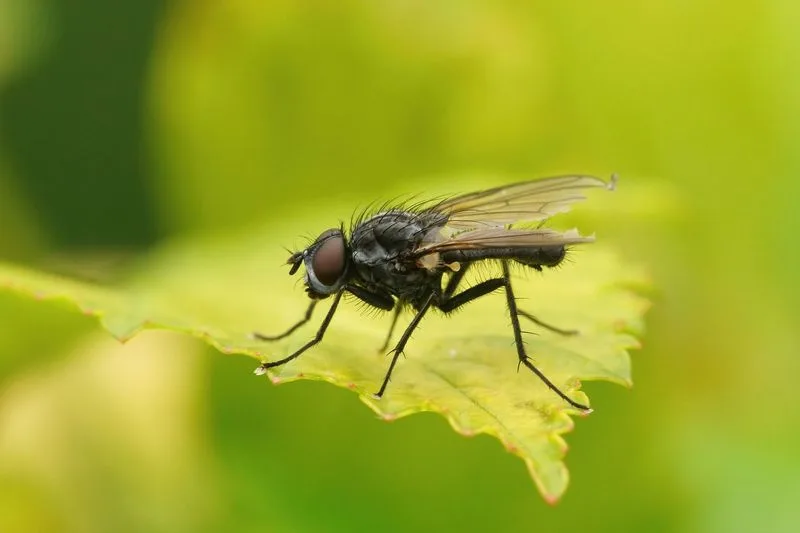
Buzzing around your food, flies are more than just a nuisance; they can also spread bacteria. Attracted to waste and food, these pests can multiply quickly in the hot summer sun. Fun fact: Flies taste with their feet. Keeping lids on garbage bins and food covered will help manage their numbers. Using herbs like basil or mint in your outdoor dining area can repel them naturally. Homemade traps with vinegar and soap are also a helpful solution, capturing them before they become a bigger problem.
Wasps
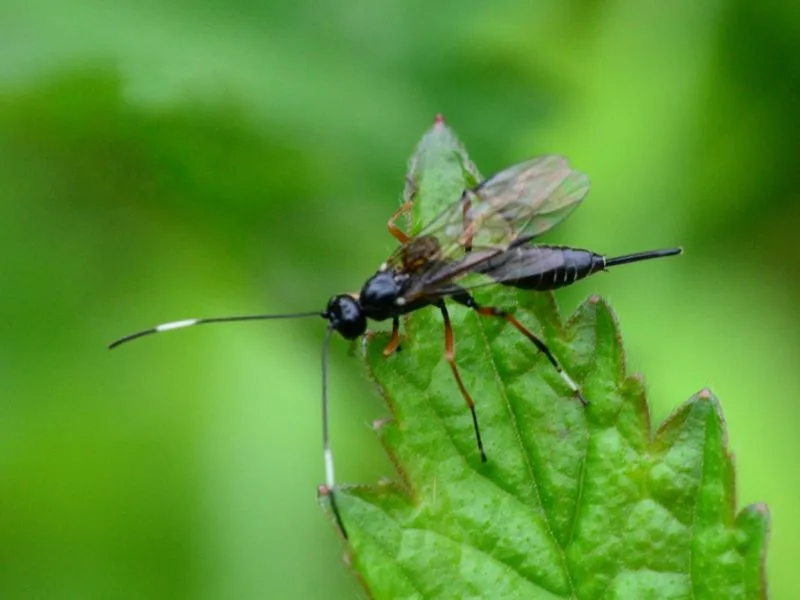
Wasps, with their aggressive stingers, can be a frightening presence during summer barbecues. Fascinatingly, wasps are actually beneficial predators, controlling other pest populations. However, their nests near human activity can pose risks. Preventative measures include sealing potential nesting sites and using decoy nests to deter them. A mix of water and peppermint oil sprayed around nesting areas can keep them away. Remember, disturbing a wasp nest can provoke attacks, so approach with caution or consult a professional for removal.
Spiders
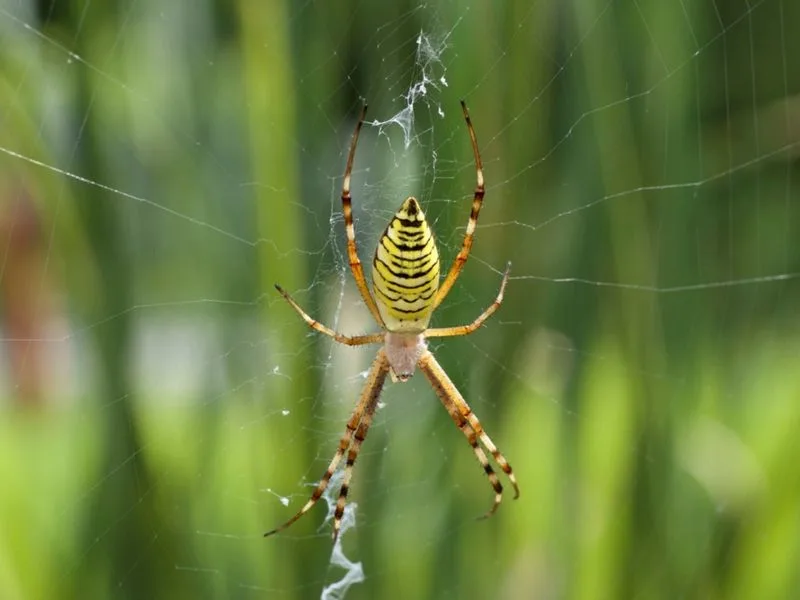
Though generally harmless, spiders evoke fear in many. They play a crucial role in controlling other insect populations. Summer’s warmth sees an increase in spider activity as they search for prey. Interestingly, spider silk is five times stronger than steel of the same diameter. To minimize encounters, keep your home clean and clutter-free. Citrus peels are an excellent natural spider repellent. Encourage these arachnids to stay outside by maintaining a tidy garden and sealing cracks in walls and windows.
Ticks
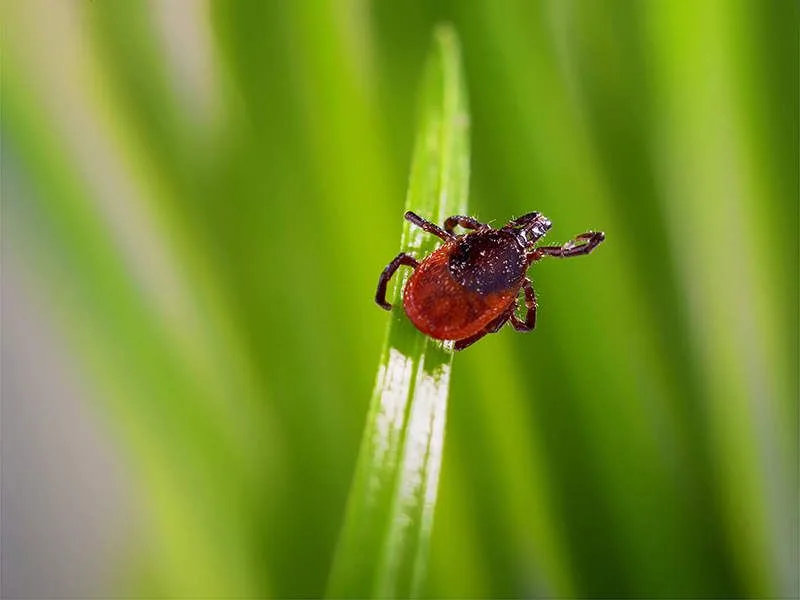
Ticks, small but dangerous, are notorious for spreading Lyme disease. They thrive in wooded areas and tall grass, latching onto hosts as they pass by. Did you know? Ticks can detect breath and body odors, helping them locate their next meal. Use landscaping techniques like keeping grass short and creating dry barriers to reduce tick-friendly environments. Essential oils like eucalyptus and lemon are effective repellents. Regularly check pets and family members after outdoor activities to catch these pests early.
Fleas
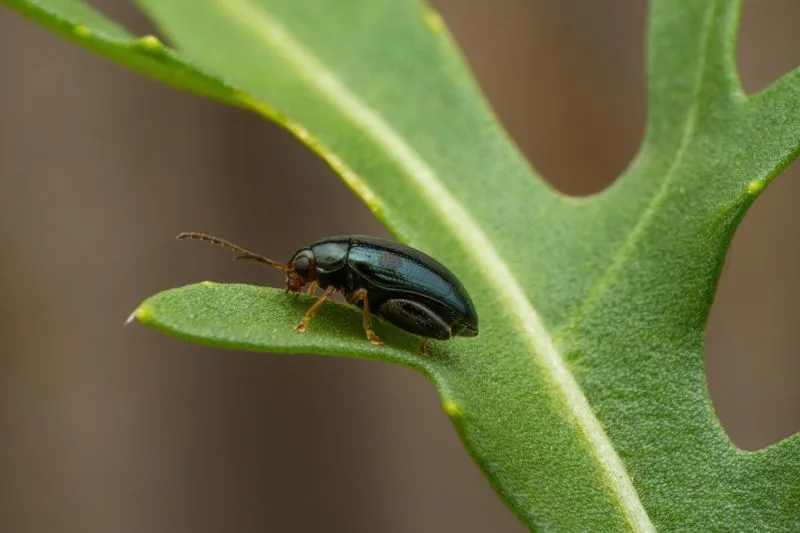
For pet owners, fleas are a persistent problem, causing discomfort to pets and spreading quickly. These tiny jumpers are adept at hiding in carpets and upholstery. An intriguing fact: Fleas can jump 150 times their body length. Regular vacuuming and washing of pet bedding help control infestations. Introducing nematodes to your garden can naturally reduce flea populations. Bathing pets with flea-repelling shampoos containing lavender or chamomile provides relief and prevents reinfestation.
Cockroaches
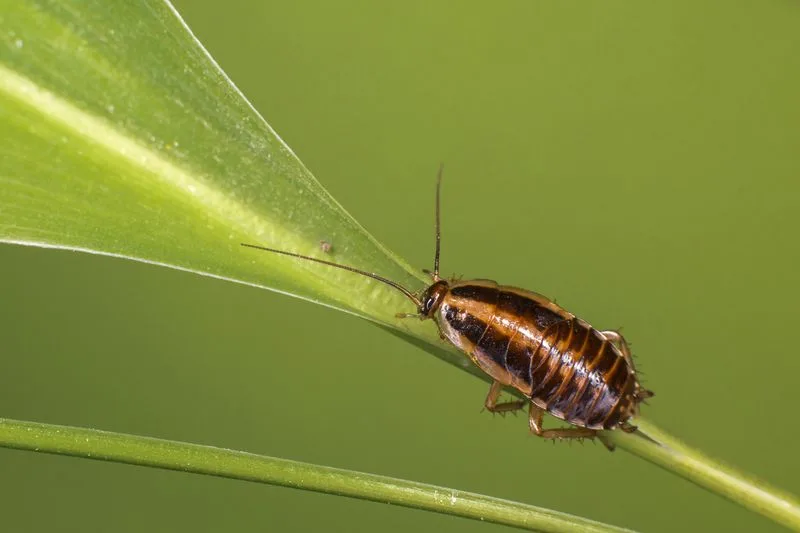
Cockroaches are synonymous with filth, scurrying in the shadows. They can trigger allergies and asthma, especially in children. These hardy insects can survive without food for weeks but need water daily. A quirky fact: Cockroaches can live for a week without their head. To manage them, fix leaks to cut off water sources and keep food stored securely. Boric acid is a natural deterrent, and diatomaceous earth sprinkled in hiding places can eliminate them effectively.
Stink Bugs
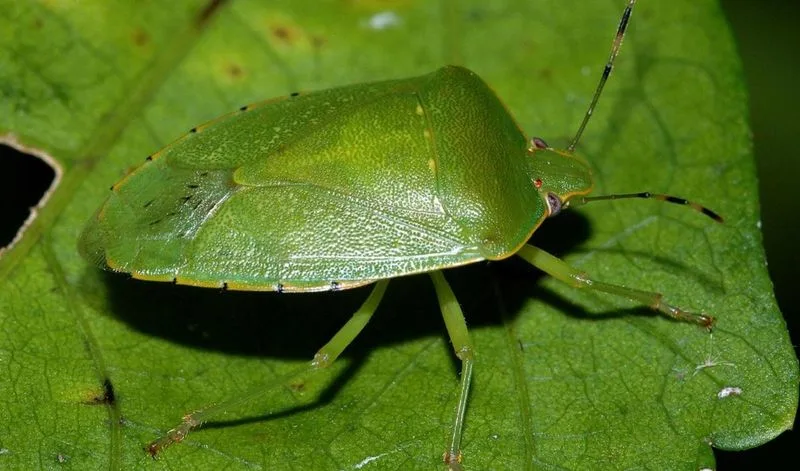
Stink bugs, with their shield-like shape, release a pungent odor when disturbed. They invade homes seeking shelter, especially as temperatures rise. Known for feeding on fruits and vegetables, they can damage gardens. A quirky tidbit: Stink bugs use their antennae to smell. Seal entry points to prevent them from entering, and use soapy water traps to catch them. Planting garlic or radishes acts as a natural deterrent, keeping these odorous invaders at bay.
Citronella Oil
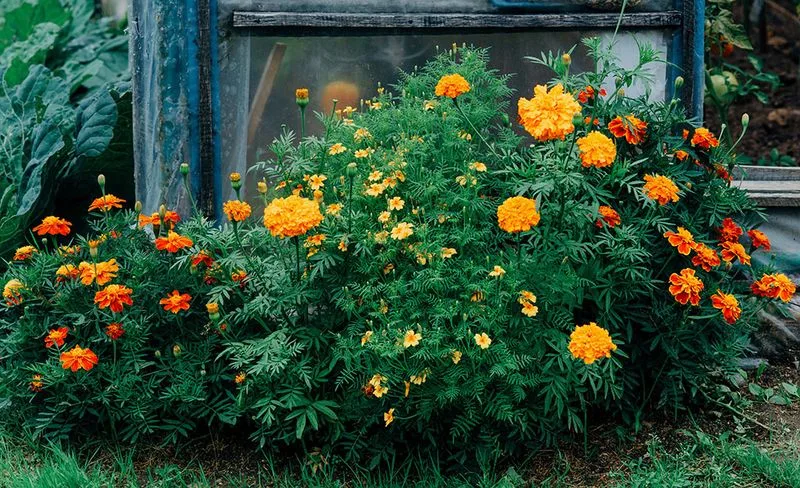
Citronella oil, extracted from lemongrass, is renowned for its mosquito-repelling properties. Its fresh, citrus scent masks attractants humans emit, making it harder for mosquitoes to find their target. Interestingly, citronella is a common ingredient in candles and sprays. Use it in oil burners or mix it with carrier oils for a natural skin application. Incorporating citronella plants in your garden not only keeps mosquitoes away but also adds an aesthetic appeal with its lush green foliage.
Diatomaceous Earth
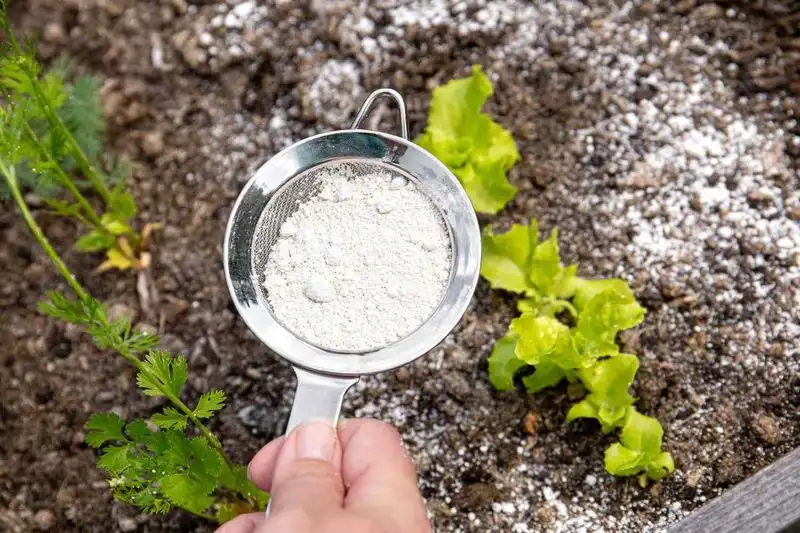
Diatomaceous earth, a fine powder made from fossilized algae, is a versatile pest control tool. Its abrasive texture damages the exoskeletons of insects like ants and fleas, causing them to dehydrate. Surprisingly, it’s safe for humans and pets when used correctly. Sprinkle it around entry points and garden beds to keep unwanted guests at bay. It’s an eco-friendly alternative to chemical pesticides, ensuring your home remains a safe haven.
Vinegar
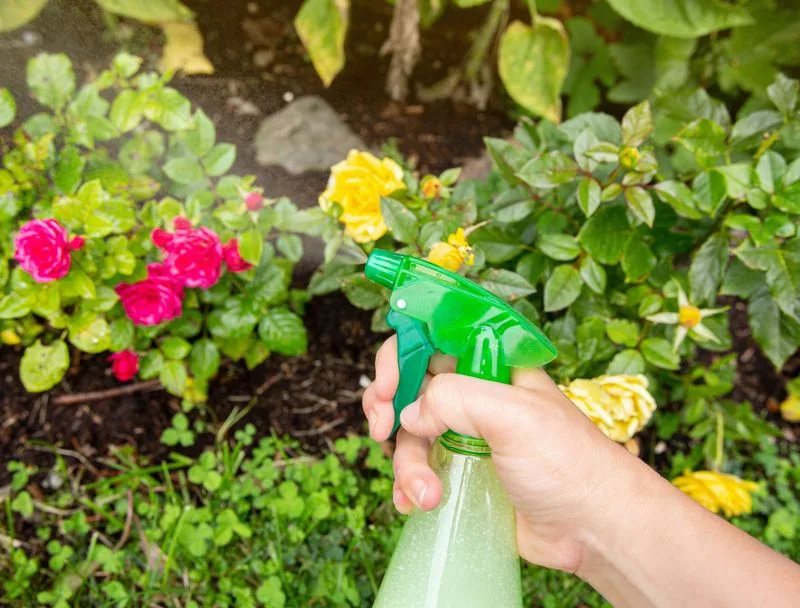
Vinegar is more than just a cooking staple; it’s a powerful natural cleaner and pest deterrent. Its strong smell disrupts ant trails and repels other insects. Fun fact: Vinegar has been used for centuries in home remedies. Mix it with water for a simple cleaning solution or spray it directly to deter pests. Adding a few drops of essential oils can enhance its repellent properties while leaving a pleasant aroma in your home.
Neem Oil
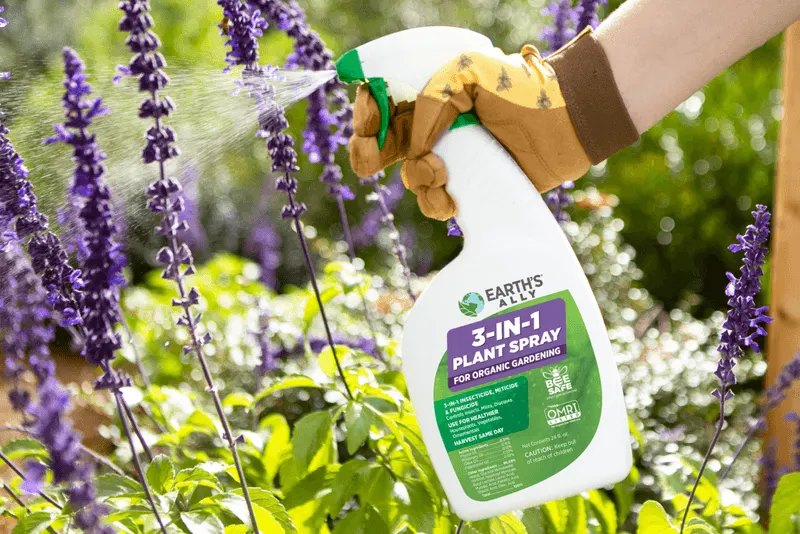
Neem oil, extracted from the seeds of the neem tree, is a potent natural pesticide. It disrupts the life cycle of pests like aphids and caterpillars, reducing their ability to feed and reproduce. Did you know? Neem has been used in traditional medicine for centuries. Mix it with water and a mild soap to create a spray for plants. Not only does it protect against pests, but neem oil also promotes healthy plant growth, making it a gardener’s ally.
Peppermint Oil
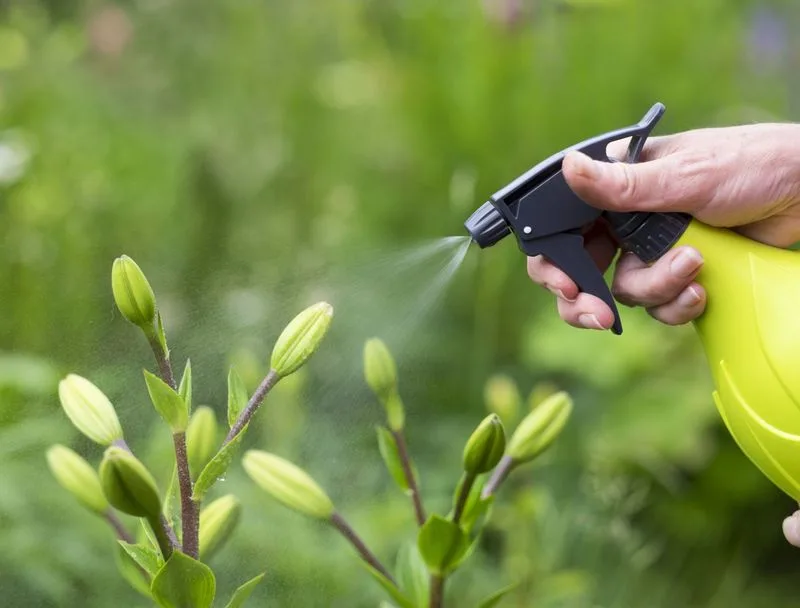
The invigorating scent of peppermint oil is more than refreshing; it’s a natural pest repellent. Popular for deterring ants, spiders, and even mice, peppermint oil confuses pests by overwhelming their senses. Interestingly, it was used historically to ward off rodents. Mix it with water for a spray or use it in diffusers to keep your home pest-free. Plus, the minty aroma adds a refreshing ambiance to any room.
Lavender
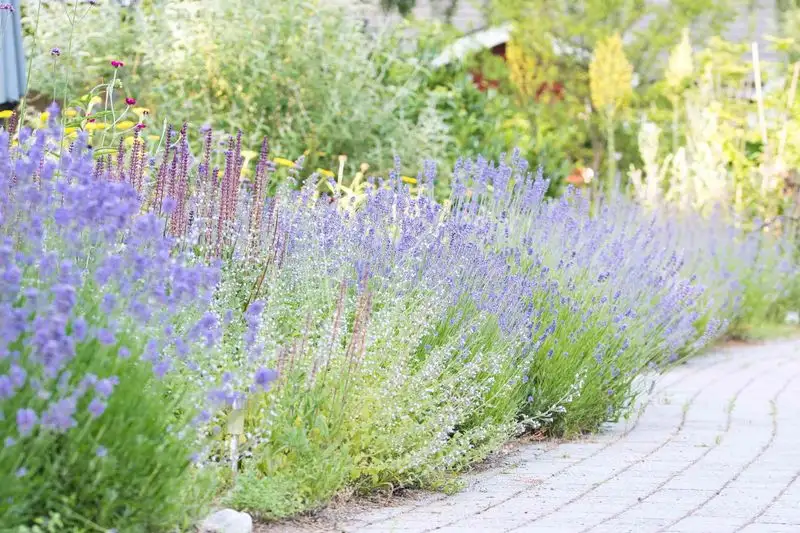
Lavender is beloved for its calming scent and pest-repelling properties. It deters mosquitoes, flies, and moths, making it a perfect addition to any garden. A curious fact: Lavender’s essential oil is used in aromatherapy for relaxation. Plant lavender along walkways and near seating areas to enjoy its benefits. Sachets of dried lavender flowers can also be used indoors to keep closets and drawers fresh and pest-free.
Basil
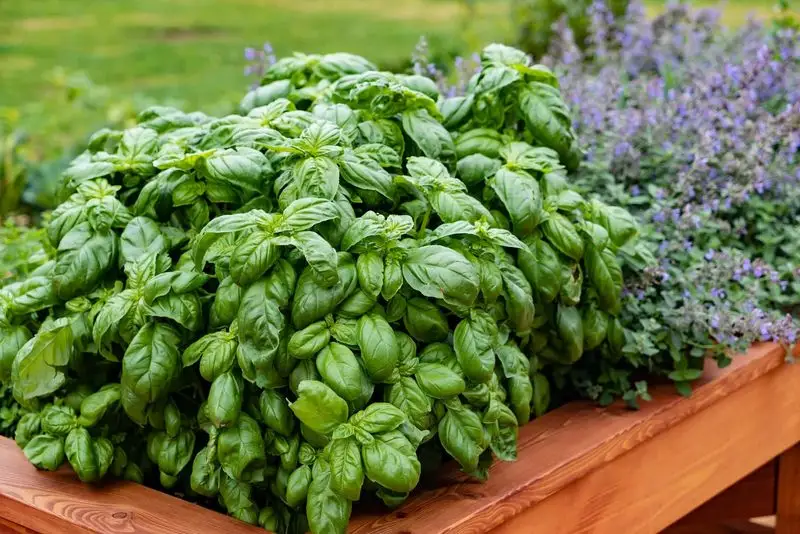
Basil isn’t just for culinary delights; it’s a natural insect repellent, guarding against flies and mosquitoes. The aromatic oils in basil interfere with pests’ ability to smell, keeping them at bay. An interesting tidbit: In ancient cultures, basil was considered a symbol of love and protection. Grow it in pots on windowsills or in your garden to enjoy fresh herbs and a pest-free environment. Plus, it’s a great addition to summer dishes!
Garlic
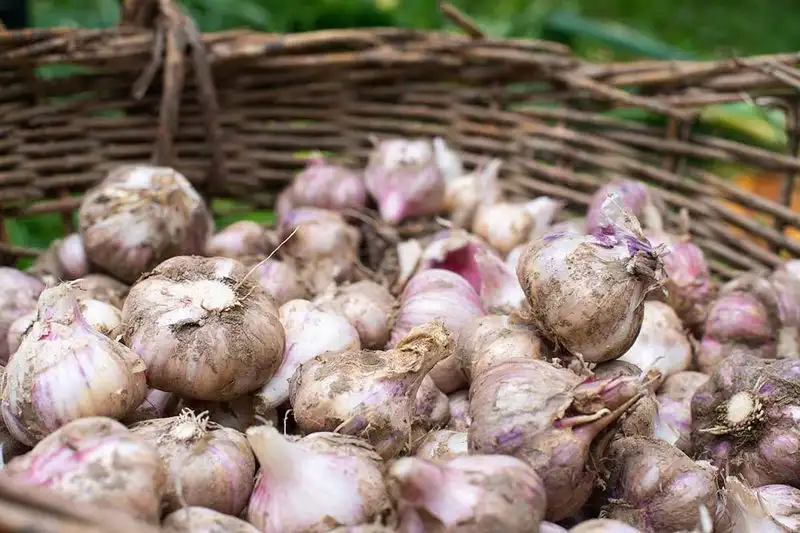
Garlic, with its pungent aroma, serves as a natural pest deterrent. It’s effective against mosquitoes, aphids, and even snails, making it a staple in organic gardening. A fun fact: Garlic has been used for over 5,000 years in various cultures for both culinary and medicinal purposes. Crush cloves and mix with water for a homemade spray, or plant garlic bulbs in your garden for a continuous supply. Its dual purpose as a food ingredient and pest repellent makes it invaluable.

